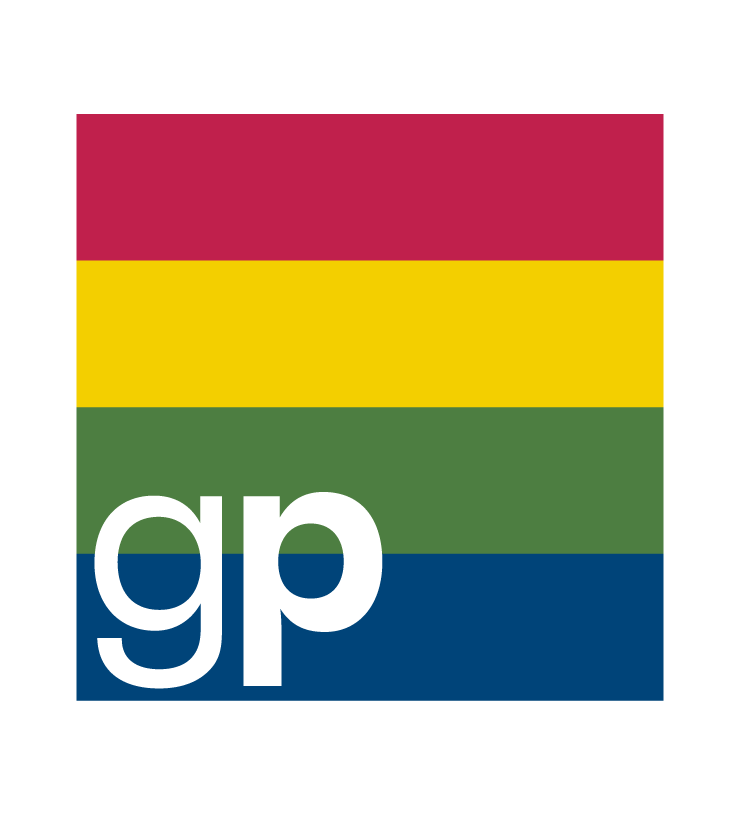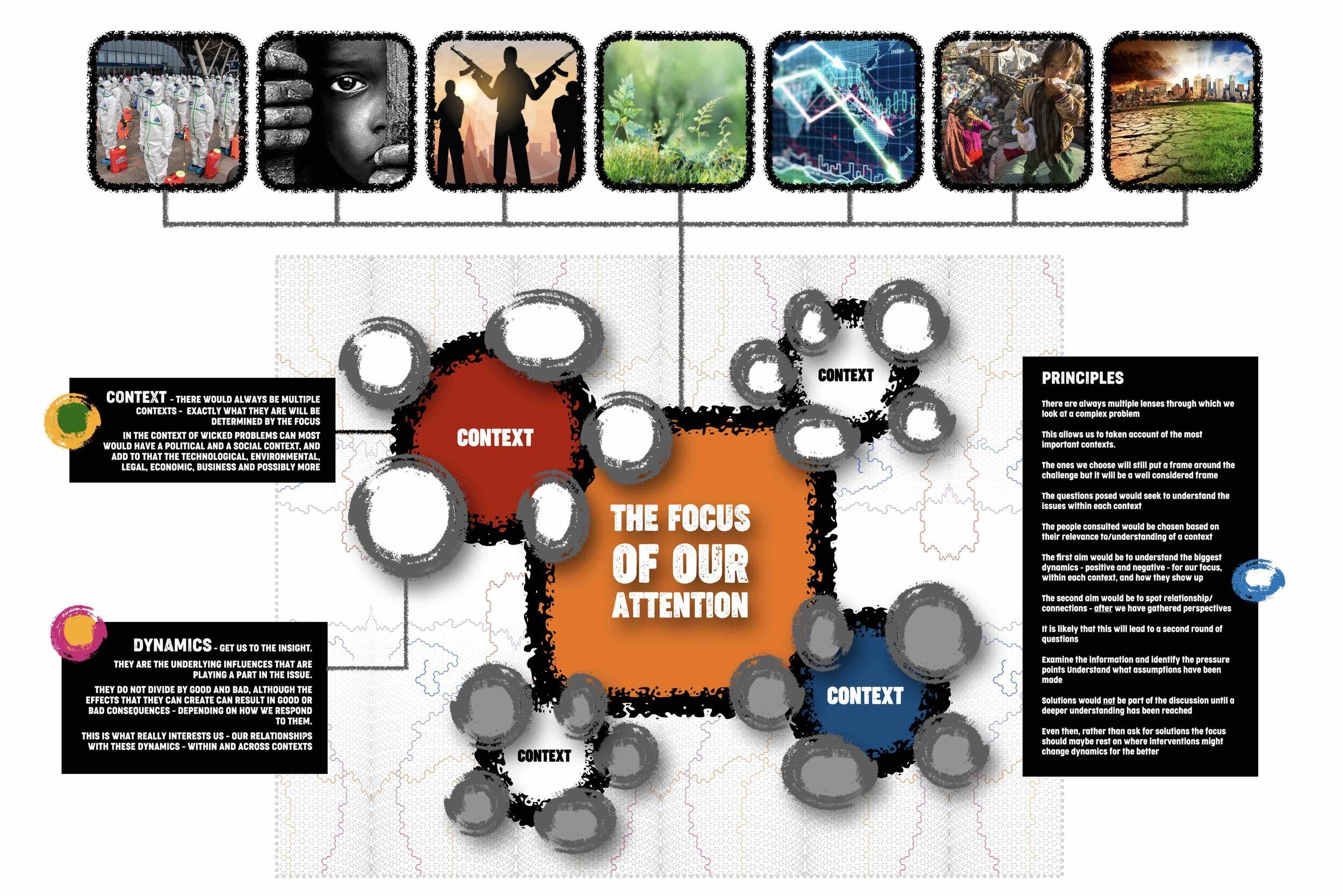THINKING SYSTEMS THINKING
It’s Not Right
WHETHER AN INDIVIDUAL, BUSINESS OR SOCIETY WE ARE PRETTY UNHAPPY WITH THE WAY THINGS ARE RIGHT NOW.
Few of us are OK with inequity, abuse or poverty.
We’re not blind to the have and have nots.
We don’t know many people that are pleased with the rampant corruption or self-serving politics.
Nobody we know sweeps human trafficking, climate change or the paucity of the education system under the carpet.
AND YET ALL THESE THINGS EXIST.
Surely We Can See The Effects These Things Have On Our Way Of Life And On Future Generations?
HUMANS ARE CREATIVE SENTIENT BEINGS INTENT ON TRYING TO SOLVE STUFF
Sadly, we’re not always at liberty to just solve things.
Especially massively complex challenges. No matter how we set about tackling them they’re always a part of something else, indeed many something elses. Throughout the raging debates on these topics, we often refer to a ‘we’.
One of the biggest challenges in tackling systemic issues is that individuals have to become mobilised into a collective for there to be a ‘we’.
Once individuals operate collectively - they become a valid component within the system - which for the large part wishes to ignore or take advantage of it.
There’s No We
IT’S DANGEROUS TO THINK THERE IS
Everything has become massively entangled.
Entanglement involves countless vested interests. These can be defined as ‘messes’ driven by highly varied motivations.
There are countless perspectives on every problem which adds to the mess.
We can readily interrogate multiple datasets that come from different angles and emerge with a vastly different understanding and recommendations for treatment.
There’s nuance, bias, subjective interpretation and disagreement at every turn.
HEALTH - PANDEMICS - EDUCATION - CLIMATE - SUSTAINABILITY - TERRORISM - POVERTY - HUMAN TRAFFICKING - ORGANISED CRIME - MORE
It’s A Wicked Problem
ENTANGLEMENTS MAKES A CHALLENGE ALMOST IMPOSSIBLE TO DEFINE AND COPE WITH.
Because they can’t be defined they can’t be tackled in the way that suits our traditional way of dealing with problems.
We often end up causing problems elsewhere or solving the wrong problems really well.
This is why they’re defined as a wicked challenge.
“There’s only one thing that everyone thinking about wicked problems can agree on - it needs a creative solution.”
Human beings can only be led away from conflict or solving the bigger challenges by sharing in the conversations of their adversaries - those with wildly differing positions. This takes time, maturity, translation and empathetic/bridging leadership.
“From the essence of conversation emerges the residue of insight. This will bubble through the information that is stimulated by the process.”
Context Is Everything
We are individuals and we have our viewpoints formed for good or ill, over time, by virtue of our experiences.
These experiences create our mindset and it’s that mindset that automatically causes us to form opinions.
More often than not these opinions are at the root of our problems.
Opinions that are odds with others opinions are what cause argument, differences/defences of positions and ultimately conflict.
Dynamics Are Everything Too
DEALING WITH MULTIPLE OBJECTS OF ATTENTION
No matter where on Earth we live, the society or space within which we exist, multiple forces are at play. They can be categorised in many ways - fashions, trends, movements, policies, peer group discussions, news, conversations and laws. All of these subtly or dramatically shift our sense of things.
We all have different relationships with these factors. But factors they are and they all have to be taken into account.
So, for every challenge, we start with a focus. And that can be set at different altitudes. For example:
“HOW DID WE HANDLE THE RESPONSE TO COVID-19 IN THE US?”
Armed with the expectation that this will grow beyond everyone’s imagination no one-dimensional model could withstand the emergence of information.
Beyond the model must lay an approach that is without traditional boundaries but structured to cope with emergence.
New Rules
NEW WORLD NEW RULES
The approach must involve a wide net of stakeholders - to build a valid landscape of views we have to cast the widest net possible.
A safe space for consideration has to be ‘held’ by impartial leaders practised in the techniques of bridging leadership.
The information that emerges from the stakeholder conversations will be impartially analysed/assessed within mechanisms/instruments that are wholly aligned with the approach.
Frameworks are needed that help us mortals to handle the enormous amount of data to be calculated.


